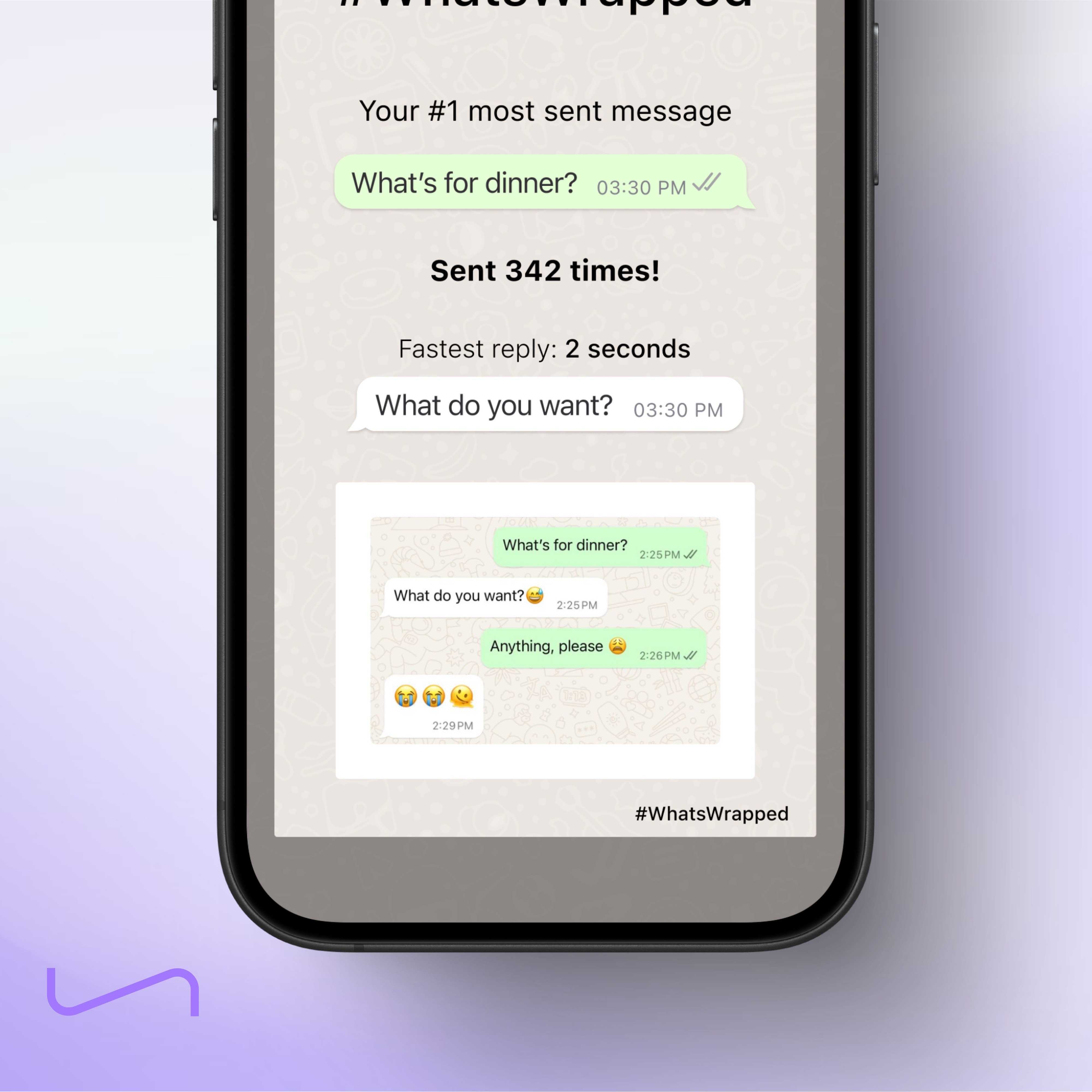What If Your Social Media Called You Out On Doomscrolling?
You swore you’d just check one notification. Maybe watch a couple of videos. Ten minutes, tops.
But here you are. Again. It's 1:47 AM and you’re still glued to your feed, aimlessly scrolling through posts you won’t remember in the morning. You’re not even sure how you got to this video of a parrot singing 90s ballads, but you’re weirdly invested. And tired.
Suddenly, a countdown timer appears: “You’ve been on here for quite a while, we’re about to sound the alarm!”. You better close the app soon! You now have 10 seconds to close the app before something embarrassing happens. Ignore it? Fine. But the app does follow through.
A cringe-worthy post pops up on your timeline: "I just lost three hours of my life to mindless scrolling—send help!" Everyone can see it. Your friends. Your boss. That guy you went on two dates with.
Would you think twice before doomscrolling next time?
Probably. That’s the point.
The Behavioral Science Behind It
Two forces are at work here: a form of Loss Aversion, in this case a deep dislike of losing face (even over something small), and Social Accountability, where the fear of public scrutiny nudges us toward better behavior. When we know others might notice, we’re more likely to stop ourselves.
A Nuanced Take
Of course, this kind of public nudge walks a fine line. For some, it’s a playful heads-up that sparks a laugh and a moment of self-control. For others, it might feel intrusive or shaming. That’s why opt-in matters.
But ultimately, we shouldn’t just shame people into changing their behavior. Better is to give them tools to self-regulate in a way that feels supportive to them, not punitive.










